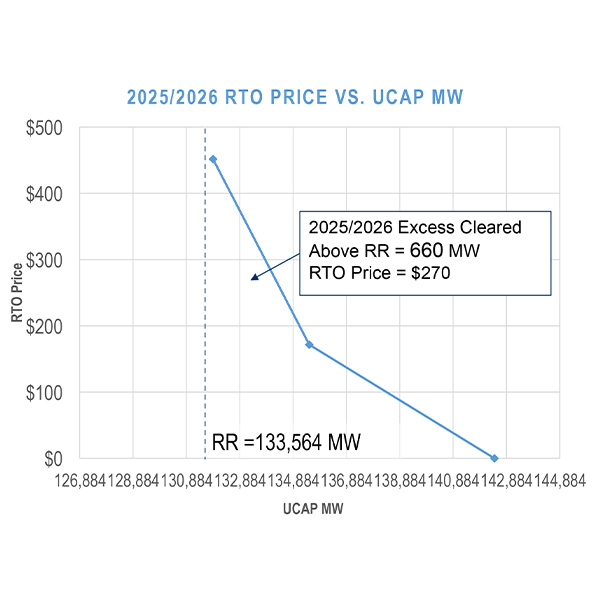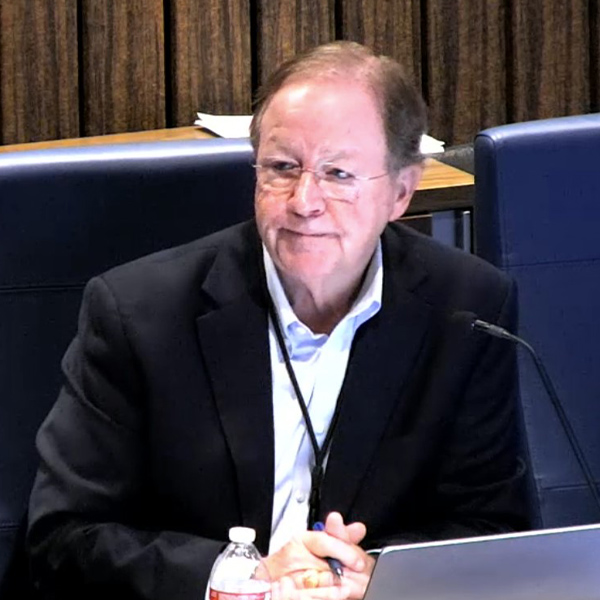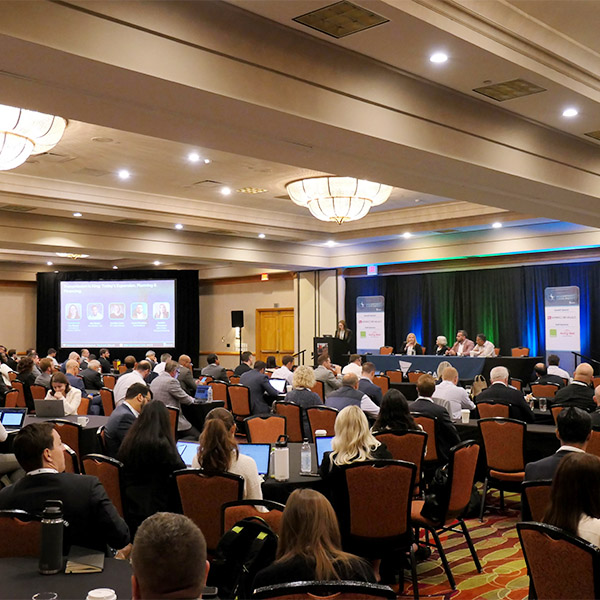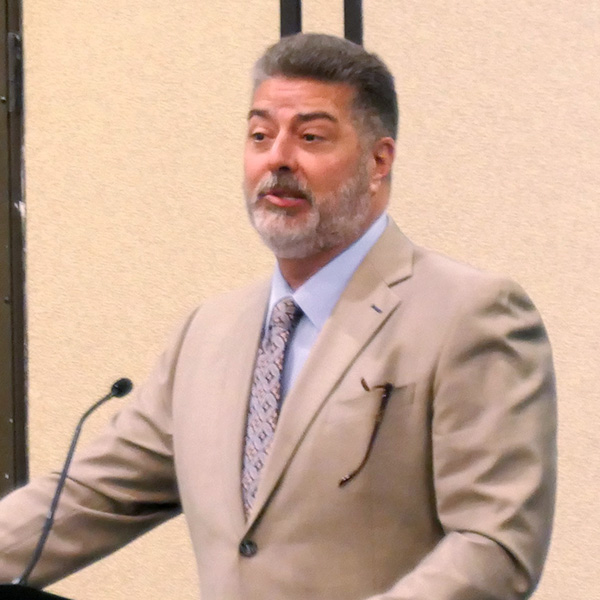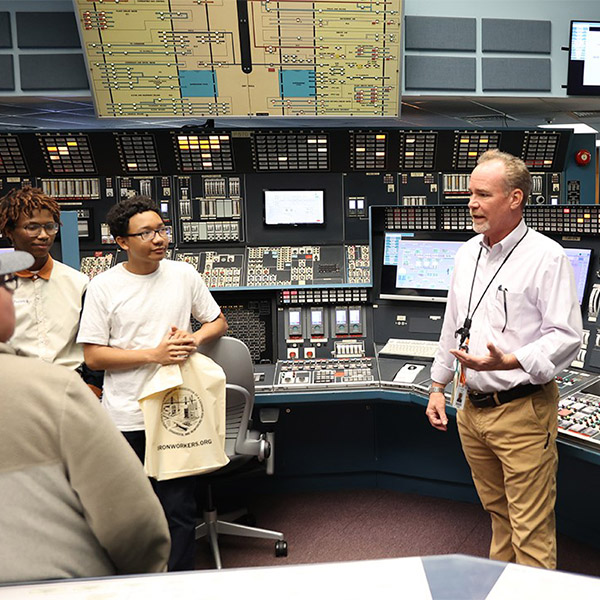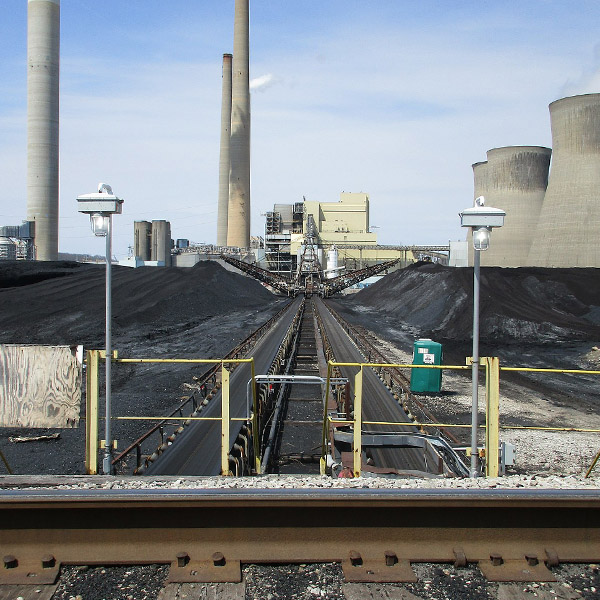Generation
CoalGeothermalHydrogenHydropowerNatural GasNuclear PowerOffshore WindOnshore WindOperating ReservesRooftop/distributed SolarUtility-scale Solar
FERC is considering additional changes to its rules on generator interconnections, with a technical conference set for Sept. 10-11 that saw pre-conference comments filed this week.
Consumers and electric distributors in PJM opposed a proposal to revise two financial parameters used to calculate the cost of new entry input to the 2027/28 Base Residual Auction.
ERCOT’s rule change to the Nodal Operating Guide that imposes voltage ride-through requirements on inverter-based resources has been partially approved, but much work remains.
Infocast’s inaugural Midcontinent Clean Energy summit provided panelists a pulpit for critiquing MISO’s interconnection queue setup as it strains under the weight of hundreds of gigawatts intended to further fleet shift and meet load growth.
MISO's Todd Hillman described the pressure cooker environment of escalating data center demand, a precarious reliability situation and an overwhelmingly large interconnection queue at Infocast’s inaugural Midcontinent Clean Energy Summit.
FERC sanctioned a partial settlement to resolve many of the New Orleans City Council's longstanding complaints over management of the Grand Gulf Nuclear Station.
The fate of two coal plants owned by AEP’s Appalachian Power is generating debate in a proceeding to approve the utility’s renewable portfolio standard plan at the Virginia State Corporation Commission.
MISO said its 123-GW collection of projects in the 2023 queue cycle will be subject to another delay into early 2025 as it pauses to see if a tech startup can help it better scale interconnection studies.
FirstEnergy reached an agreement with the Office of Ohio Attorney General and the Office of the Summit County Prosecutor to resolve all outstanding proceedings on the firm’s bribery scandal.
FERC established settlement judge procedures in response to a waiver request from a generator seeking to exit ISO-NE’s inventoried energy program and refund the net revenues received from the program.
Want more? Advanced Search

